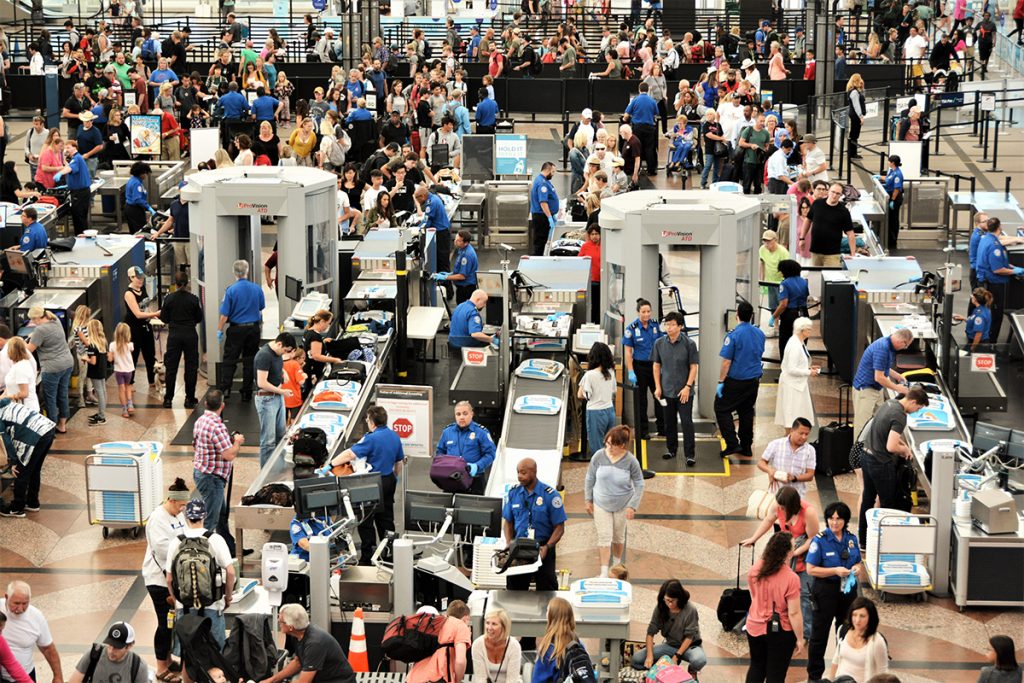In a bipartisan effort, a group of 14 senators is pushing for restrictions on the Transportation Security Administration’s (TSA) use of facial recognition technology at airports. Led by Senators Jeff Merkley (D-Ore.), John Kennedy (R-La.), and Roger Marshall (R-Kan.), the lawmakers are concerned about the implications of such technology on travelers’ privacy and civil liberties.
Facial recognition technology, currently employed at 84 airports nationwide, is part of TSA’s efforts to enhance security measures. However, the senators argue that its implementation requires rigorous oversight from Congress to ensure that privacy rights are protected.
The senators are seizing upon the opportunity presented by the upcoming reauthorization of the Federal Aviation Administration (FAA) to introduce limitations on TSA’s use of facial recognition. The FAA reauthorization bill is one of the final must-pass pieces of legislation for this Congress, making it a strategic vehicle for enacting changes to TSA procedures.
Under TSA’s current facial recognition process, travelers are required to present their driver’s license or passport, which is then scanned for verification. Their image is captured by a camera and compared to their ID, with a TSA officer overseeing the screening process. While TSA asserts that facial recognition enhances accuracy without impeding passenger flow, critics raise concerns about data security, access, and the potential for algorithmic bias.
Privacy advocates argue that passengers should have clearer options to opt out of facial recognition scans, emphasizing the need for transparency and informed consent. They also question the safeguards in place to protect collected data from potential breaches or misuse.
Despite criticisms, TSA Administrator David Pekoske has suggested that biometrics, including facial recognition, could eventually become mandatory due to their effectiveness and efficiency. However, no specific timeline has been provided for such a transition.
The senators underscore the urgency of addressing these concerns, highlighting the exponential expansion of facial recognition usage by TSA with limited public discourse or congressional oversight. They assert that the current trajectory of government surveillance demands proactive measures to safeguard individual liberties.
As the debate unfolds, stakeholders are closely watching the intersection of technological advancement and civil liberties. Balancing the imperatives of security with privacy rights presents a complex challenge for policymakers, especially in the context of rapidly evolving surveillance technologies.
While TSA maintains that facial recognition enhances security measures and streamlines airport operations, the senators’ call for restrictions reflects broader societal anxieties about the implications of unchecked government surveillance. The outcome of this legislative push will likely shape the future landscape of airport security protocols and the boundaries of privacy in the digital age.
As discussions continue, the fate of facial recognition technology at airports hangs in the balance, awaiting congressional action to address the concerns raised by lawmakers and privacy advocates alike. In the ongoing pursuit of security and civil liberties, the delicate equilibrium between innovation and oversight remains at the forefront of public discourse.


